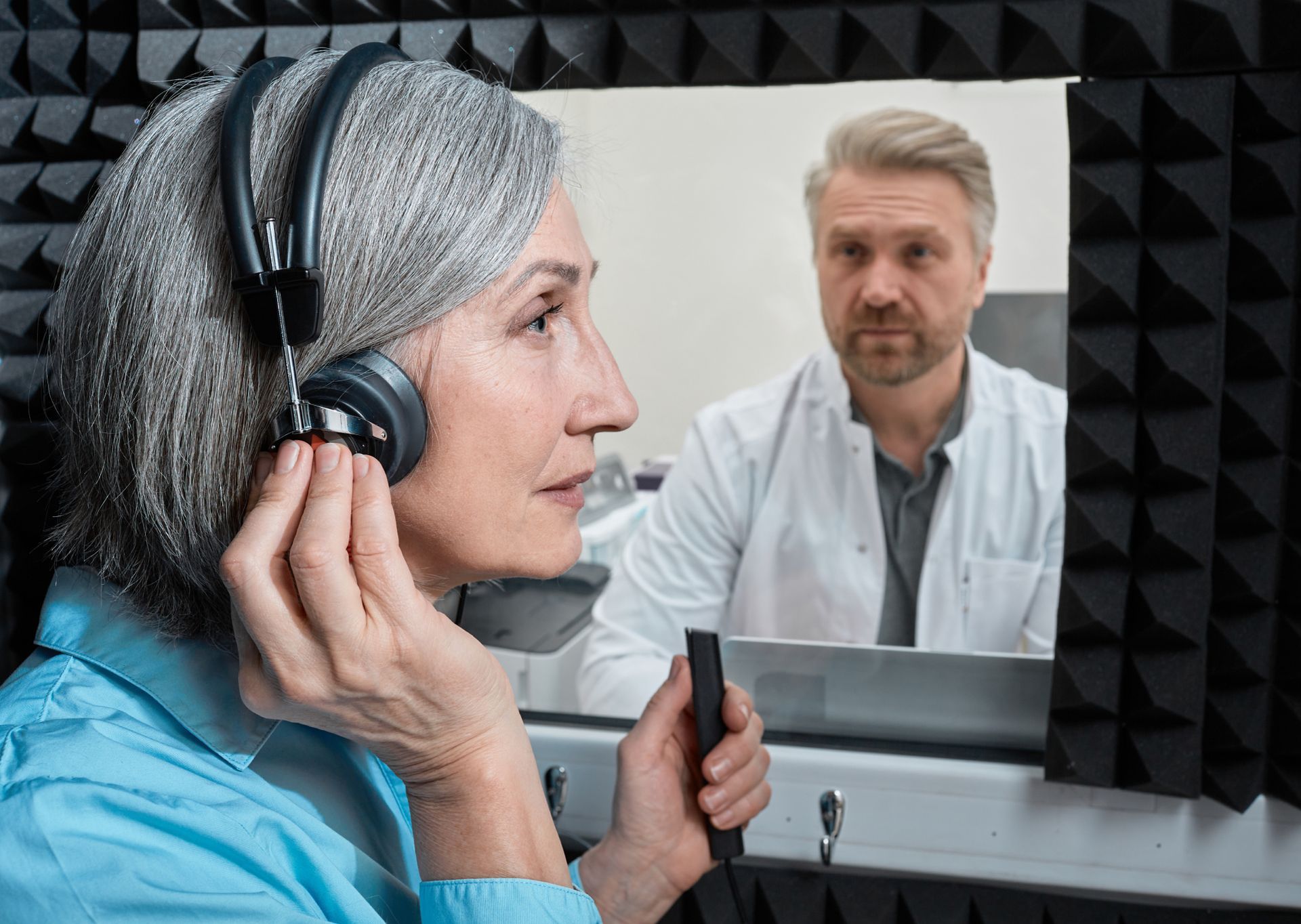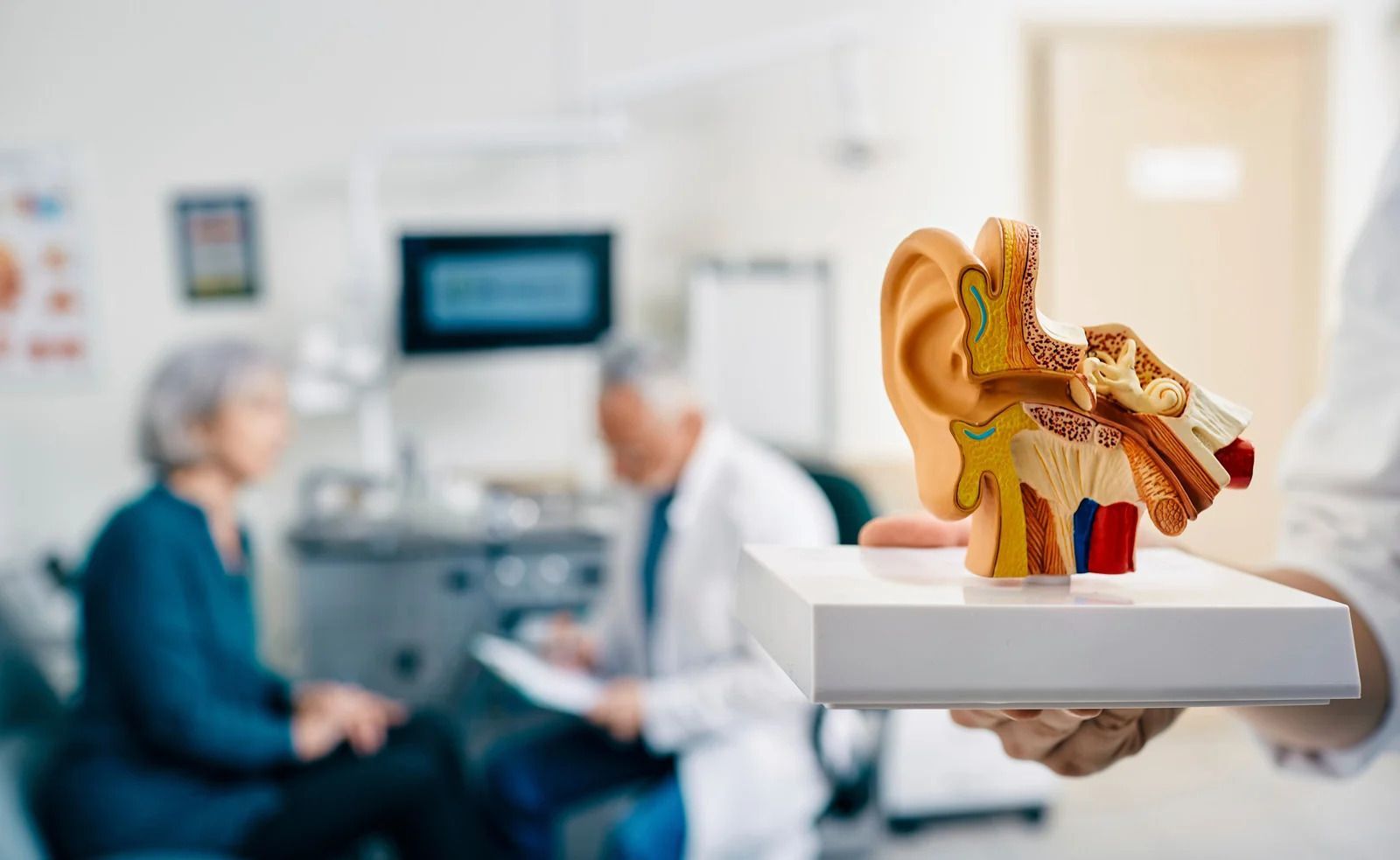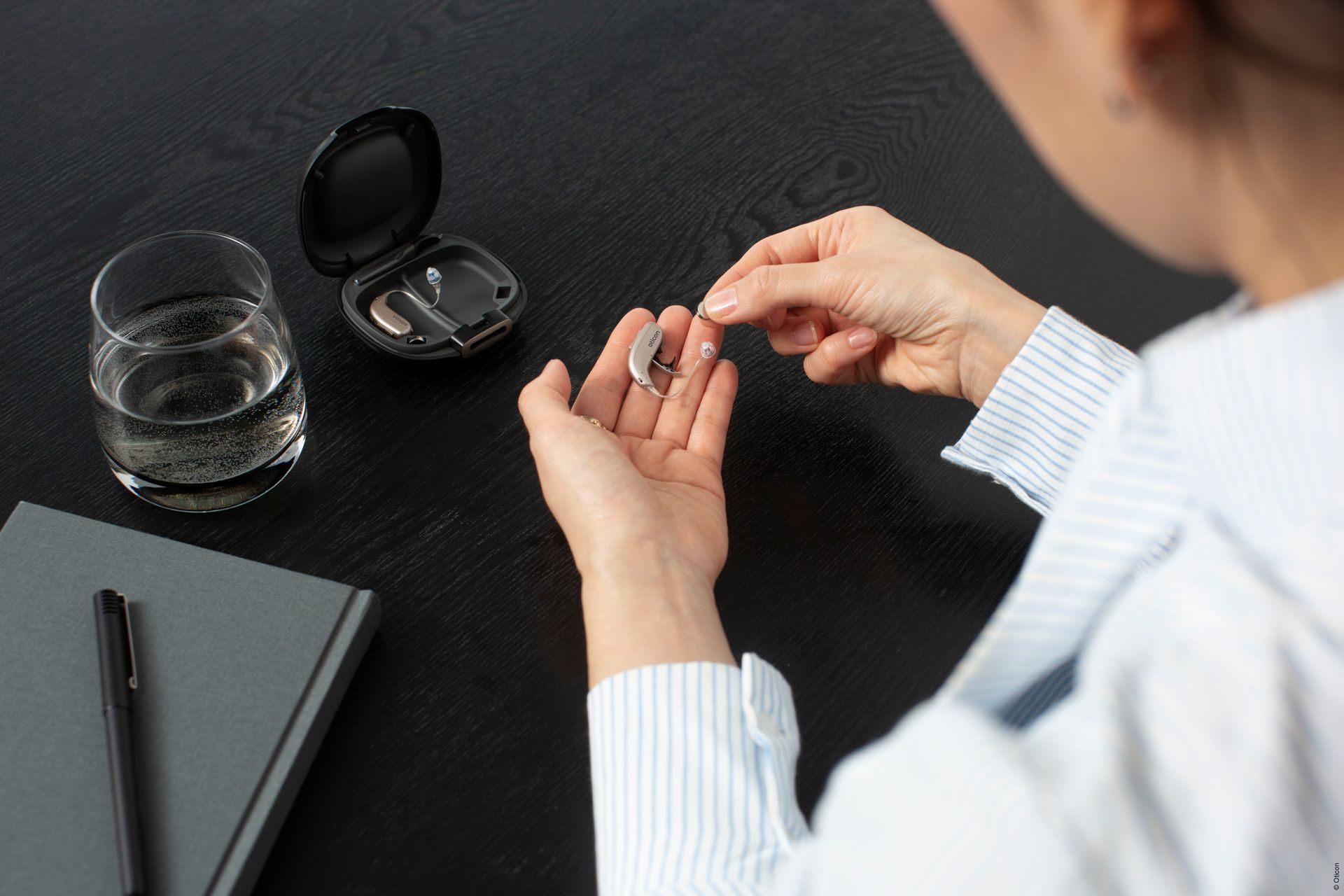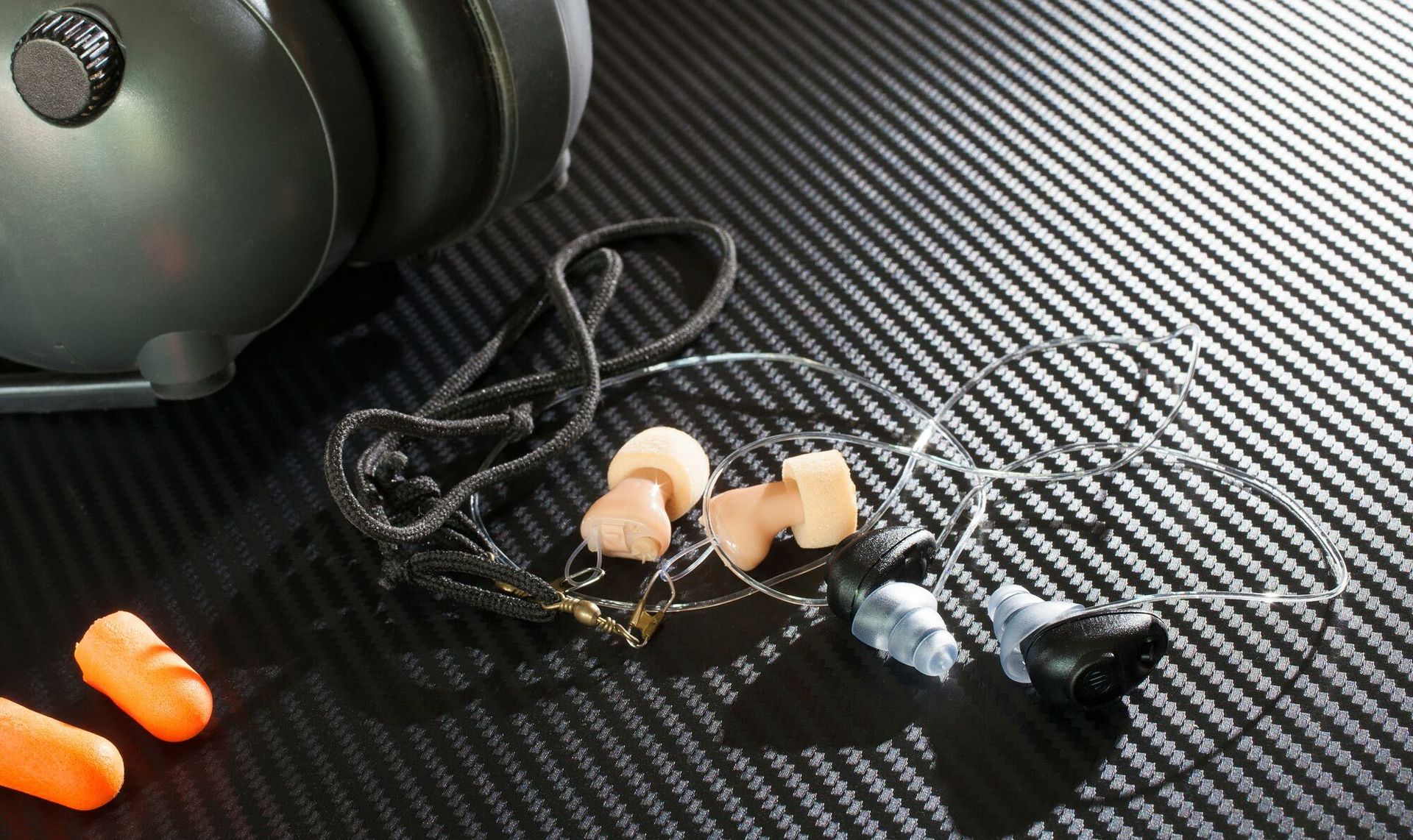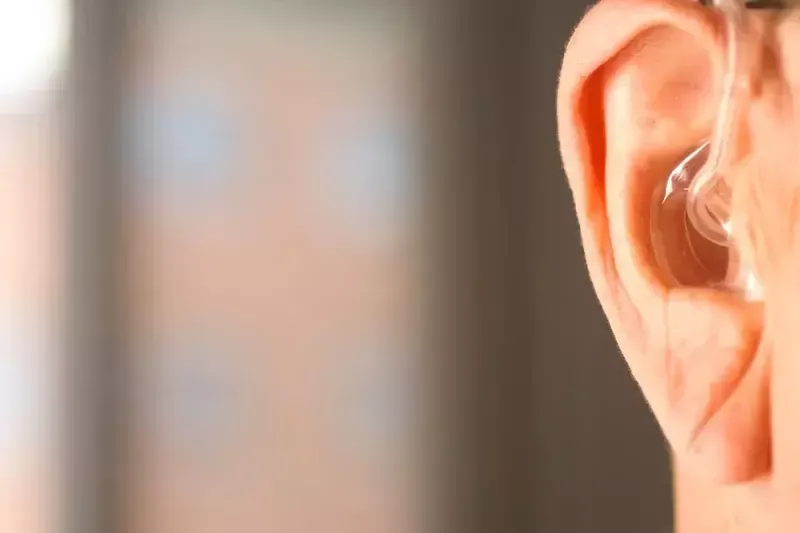What to Expect From a Hearing Test
Audiology First dives deeper into any unknowns to learn more about your hearing and provide better answers.
All hearing tests aim to answer the question: how well do you hear?
At Audiology First, we take it a step further and try to understand more about your hearing to answer these questions:
- Why do you experience sounds the way you do?
- Where in the ears and hearing system are there any issues or concerns?
- What factors or experiences might have contributed to any hearing difficulties?
- And most importantly – what are the options that can make the most significant difference to your hearing health?
Hearing challenges can be complex and challenging to understand, but the only way to find any answers is to get information. A hearing test is our primary tool to obtain data and insights into how you experience sounds and what is happening in your ears and brain.
If you’re new to hearing care, a hearing test helps you understand the current state of your hearing and if technology and treatment can improve your health and well-being.
If you already wear hearing aids, a hearing test from Audiology First will dive deeper into any unknowns. This will confirm what you already know and highlight any opportunities to leverage your hearing aids.
How Audiology First is Different
Testing is the foundation of both a diagnosis and a treatment plan. It helps us understand what is currently happening and what to expect from hearing care.
Many hearing clinics only perform basic hearing tests. These include hearing screening, simple speech and clarity tests, and a visual examination of the ears.
Audiology First is different. We take a science-based approach to hearing health care that includes detailed and thorough examinations with the latest diagnostic technology. After we understand how well you can hear, we immediately try to determine the why.
We are the most advanced hearing clinic in Southern Alberta because of our comprehensive approach to testing. Our audiologists go deeper to understand your hearing better – because outcomes are improved when everyone has more information to make a better decision.
What Happens During a Hearing Test
When you book a hearing test at Audiology First, you will meet one-on-one with an audiologist to go through the assessments and discuss your results. Our goal is to seek as many answers as possible during your test and then share them with you right away.
The typical steps to a hearing test at Audiology First are:
- Your audiologist will ask questions to explore your medical history and lifestyle. This conversation will contribute to a diagnosis and help your audiologist understand how you experience sounds in various environments.
- We will complete a range of hearing tests best suited to the hearing challenges that you are experiencing. This includes examining your ear organ, a review of your neurological functioning and measurement of your understanding of speech.
- Whenever necessary, our team will complete advanced tests that can offer further insights. We are always happy to share the intent of every test and what we are hoping to learn from it.
The tests are painless and non-invasive. Our advanced diagnostic equipment makes the process more comfortable while delivering accurate and reliable results. The clinic also has multiple sound booths, so our audiologists never have to rush through appointments.
Sometimes the tests can feel repetitive or similar to the last one, but we rely on a range of assessments to pinpoint where there might be a problem. We don’t want to waste your time – instead, we want to get as much information as possible to save time, money and uncertainty in the future.
Tips for Your Hearing Test
- Before your hearing test, reflect on how your hearing challenges impact your daily life. We will also ask questions to explore the impacts you may not even be aware of. This information can be just as helpful as the hard data we receive from hearing tests.
- Feel free to bring a close friend or family member to your appointment. You will feel more comfortable, and it can be beneficial to have someone there to remember extra details or write down information. Due to COVID-19 restrictions, appointments may be limited to just you and your clinician. Please review the clinic’s COVID-19 guidelines or call us before bringing another person to your appointment.
What Happens After a Hearing Test
When the examination is complete, your audiologist will discuss your results in detail.
This conversation is equally important as the tests themselves. We want you to find the information as helpful as we do, so we will take the time to explain what we learned from the tests and review any outstanding questions we may have.
If the root cause of your challenges is known, we will walk you through the details of your hearing condition. If we still have more questions about your hearing health, we will work with you to schedule a follow-up appointment or refer you to a specialist.
We will also take the time to go through all of your treatment and technology options. If hearing aids are an option, we will discuss what you can expect from using hearing aids regularly in your daily life.
But you don’t need to commit to anything right away. Our goal is to ensure you have all of the information you need, so you can take the next step when you are ready.



